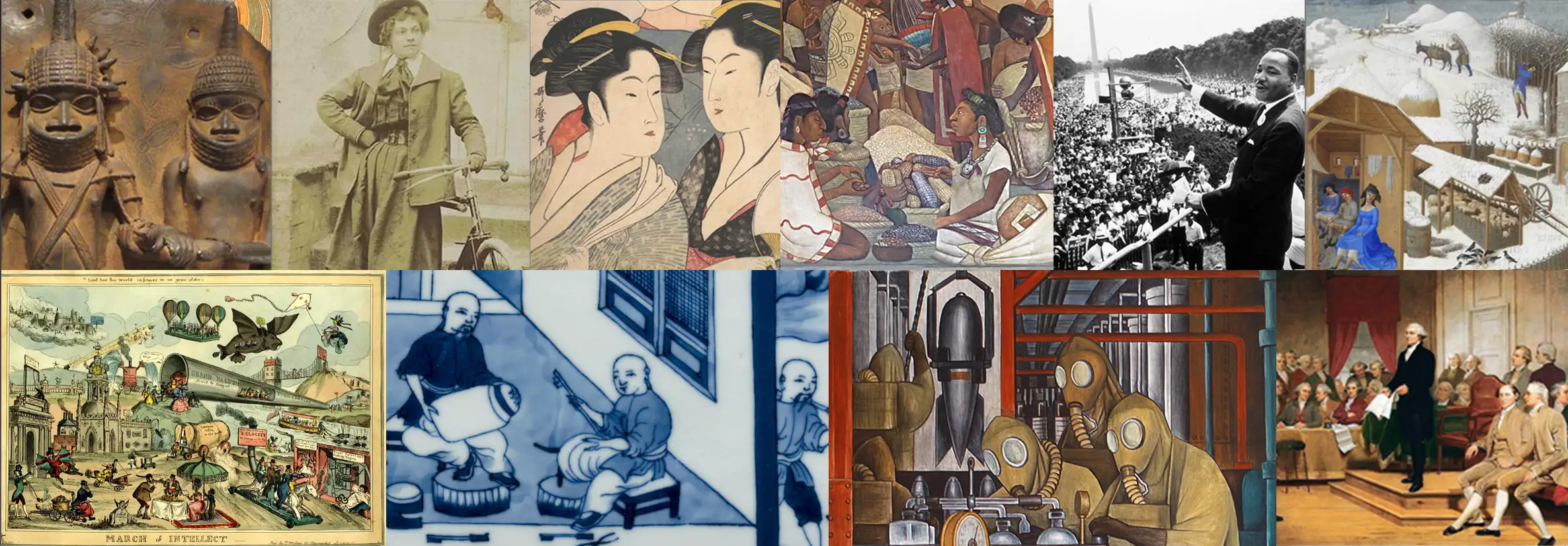The Fundamental Institution: Poverty, Social Welfare, and Agriculture in American Poor Farms

(University of Illinois Press, 2022)
The Fundamental Institution: Poverty, Social Welfare, and Agriculture in American Poor Farms
by Megan Birk
By the early 1900s, the poor farm had become a ubiquitous part of America’s social welfare system. Megan Birk’s history of this foundational but forgotten institution focuses on the connection between agriculture, provisions for the disadvantaged, and the daily realities of life at poor farms. Conceived as an inexpensive way to provide care for the indigent, poor farms in fact attracted wards that ranged from abused wives and the elderly to orphans, the disabled, and disaster victims. Most people arrived unable rather than unwilling to work, some because of physical problems, others due to a lack of skills or because a changing labor market had left them behind. Birk blends the personal stories of participants with institutional histories to reveal a loose-knit system that provided a measure of care to everyone without an overarching philosophy of reform or rehabilitation.
